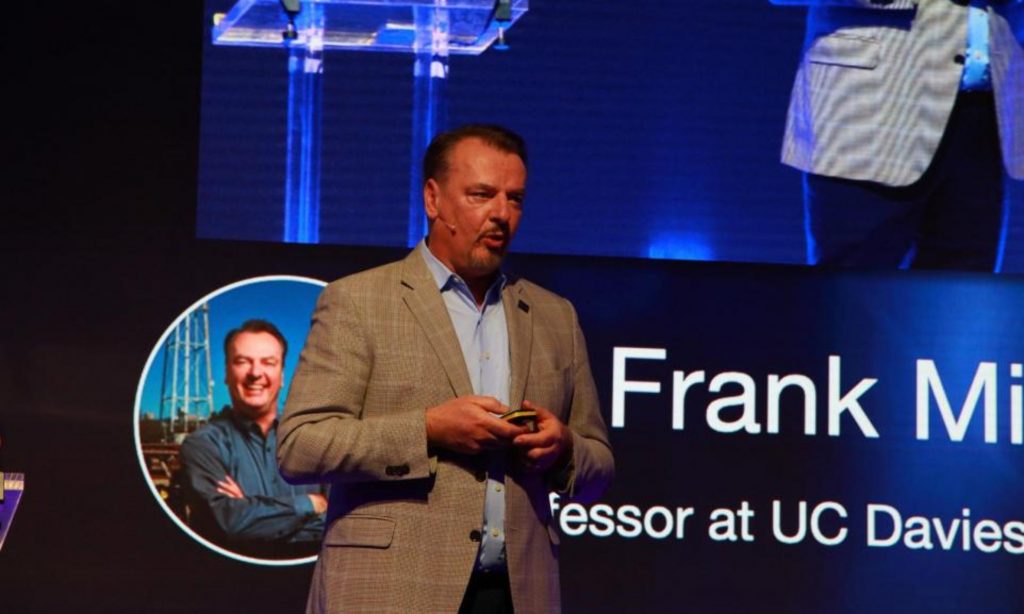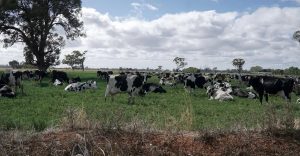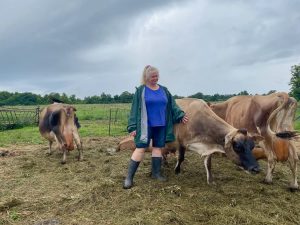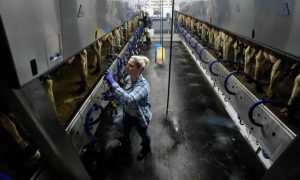
Who says methane emissions are bad for the planet and who says they can’t be used as a solution to climate change? And, who ever thought the industry would come up with the key to reducing methane emissions through genetics?
What this week’s international conference has shown is that the dairy industry is leaps and bounds ahead of most other industries in the quest to reduce greenhouse gases for a more sustainable future. The sad thing is, such positivity appears to fall on deaf ears in governments in Edinburgh and London who appear more interested in listening to the anti-farming brigade.
Perhaps if they took on the views of the farmers who know the countryside better than anyone, professors and scientists, and then climate change might not be the same challenge it is today.
The ability to reduce emissions by 20-30% by 2050 by selecting dairy sires with a methane efficiency trait, has to be a game changer for the industry and one which sets the bar at an extremely high level for others to follow.
Then, of course, there is the production of biogas which can be produced from organic matter from slurry as it breaks down and decays. Capturing it from cow slurry and extracting the biomethane means it can be used to generate electricity, then burnt to produce heat for space heating and hot water, or even power vehicles such as lorries and tractors. What’s not to like about that when it dairy herds in California have their sights set on becoming carbon neutral by 2027?
And yet both the Scottish government and the UK government in Westminster cannot come up with solution for British Agriculture plc. They cannot even agree on future technology when Westminster is moving forward with its Genetic Technology (Precision Breeding) Bill, whilst the Scottish Government is refusing to allow similar rules to be changed in Scotland.
This bill, in effect would remove precision-bred organisms (PBOs) from the authorisation requirements under GMO legislation and instead bring in two mandatory notification systems for PBOs, one for non-marketing purposes (research and development) and one for marketing purposes. All very sensible and courting ‘the possible’.
If legislative consent is turned down north of the Border, this will prevent Scottish agriculture having the same access to new plant varieties as English farmers. Do we really need the operation of Border controls for such technology?
If the same arguments were to be had in any school playground, would the children not be told ‘to grow up and show a bit of common sense.’
Governments are not only playing with climate change but also people’s livelihoods and their mental health.
It’s high time Nicola and Rishi kissed and made up as there is too much at stake here. Maybe, just for once, they should listen to agriculture’s leading boffins and farmers in the know.























